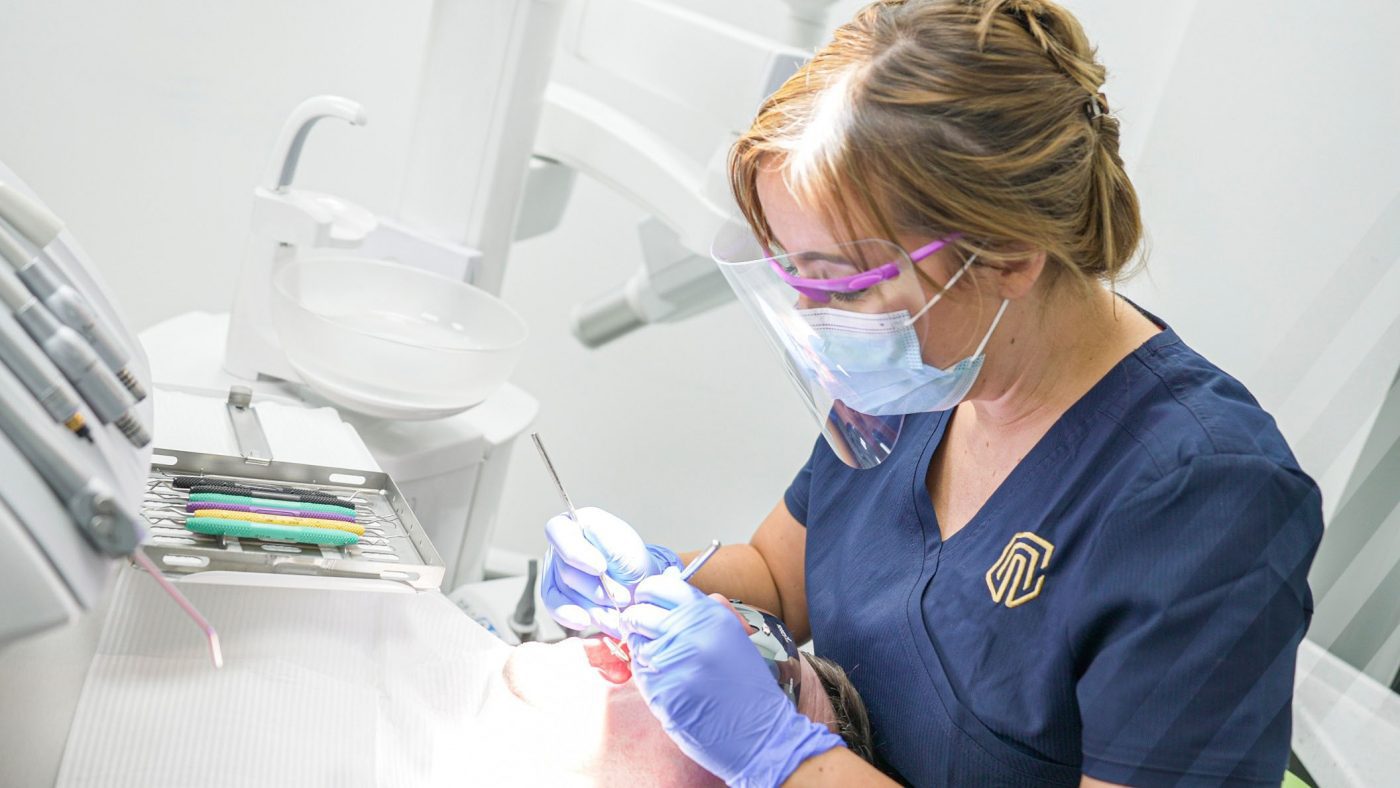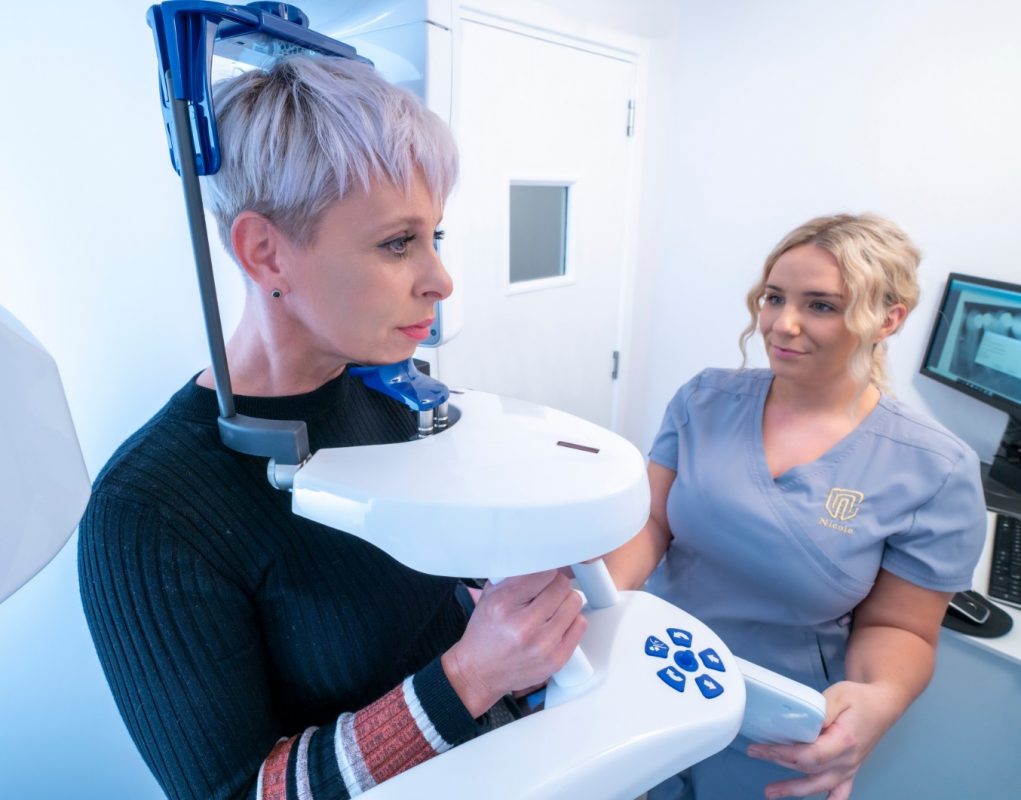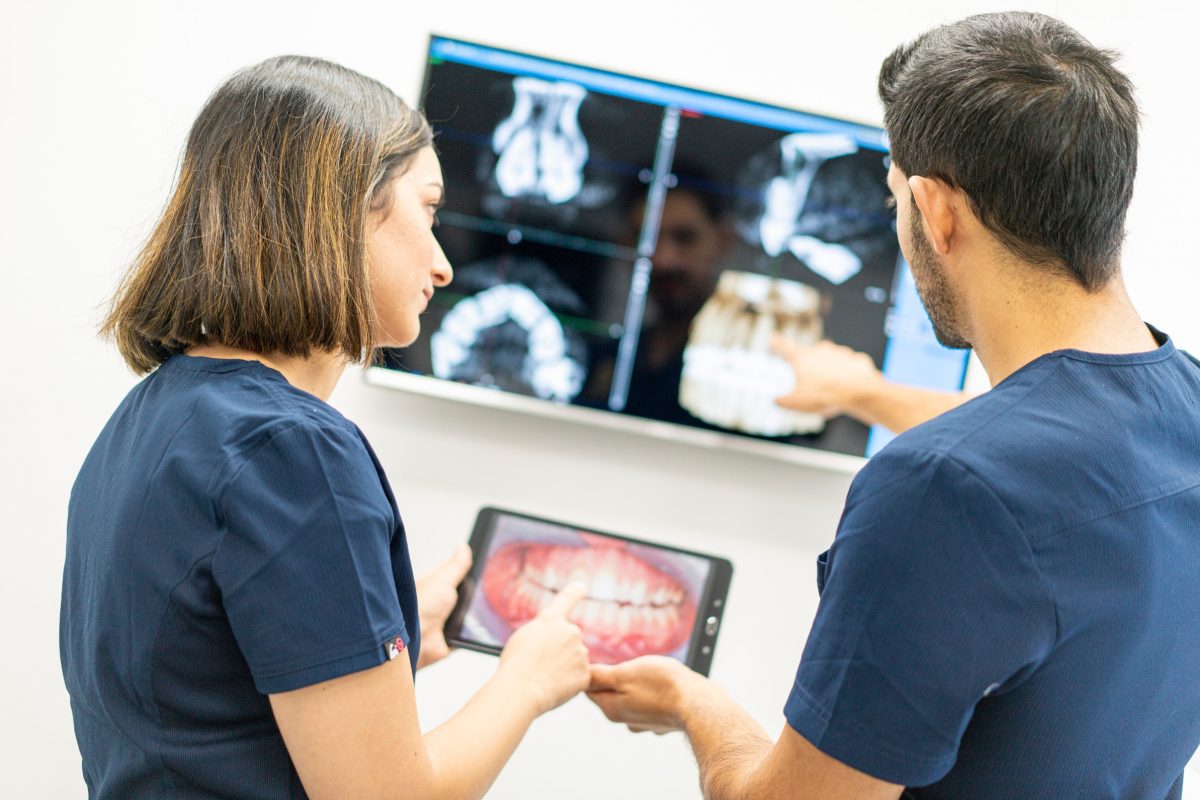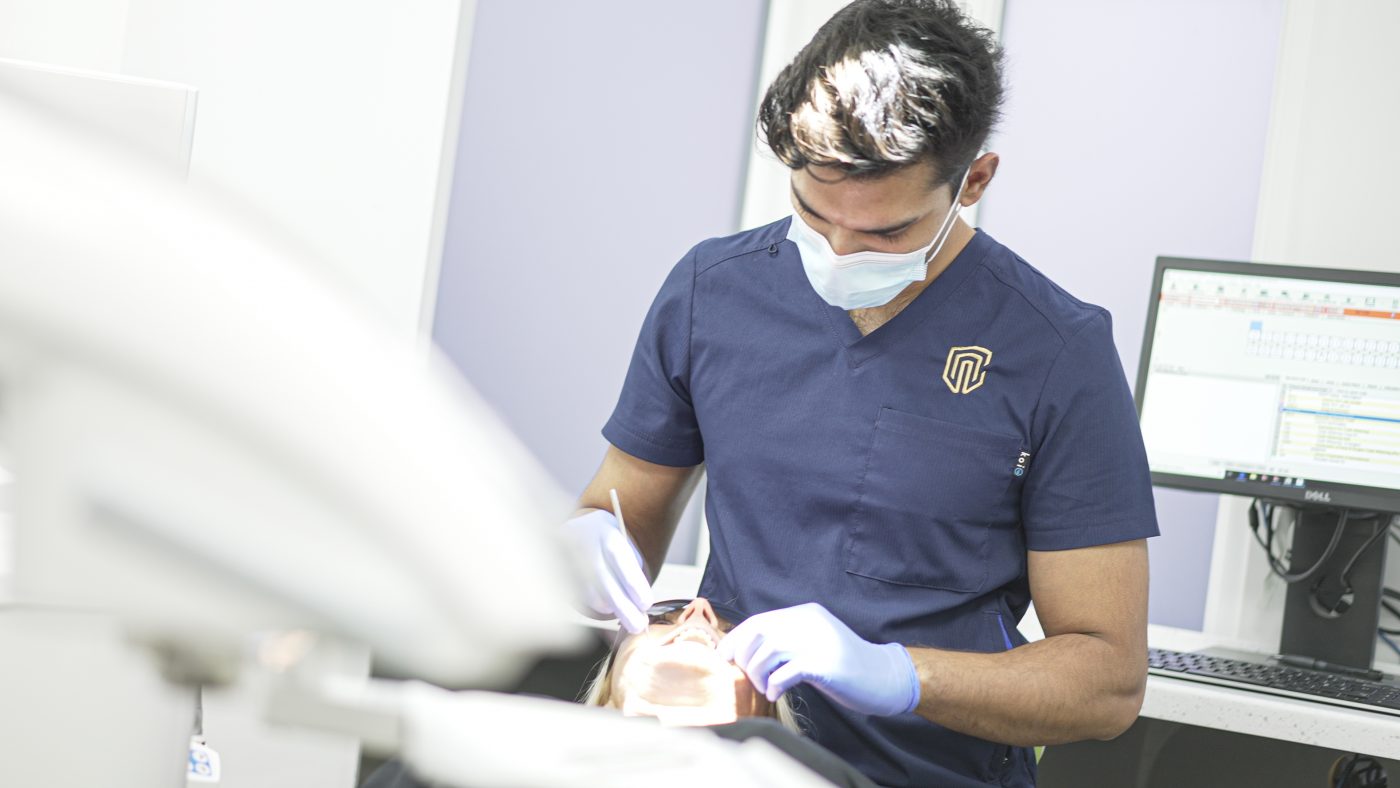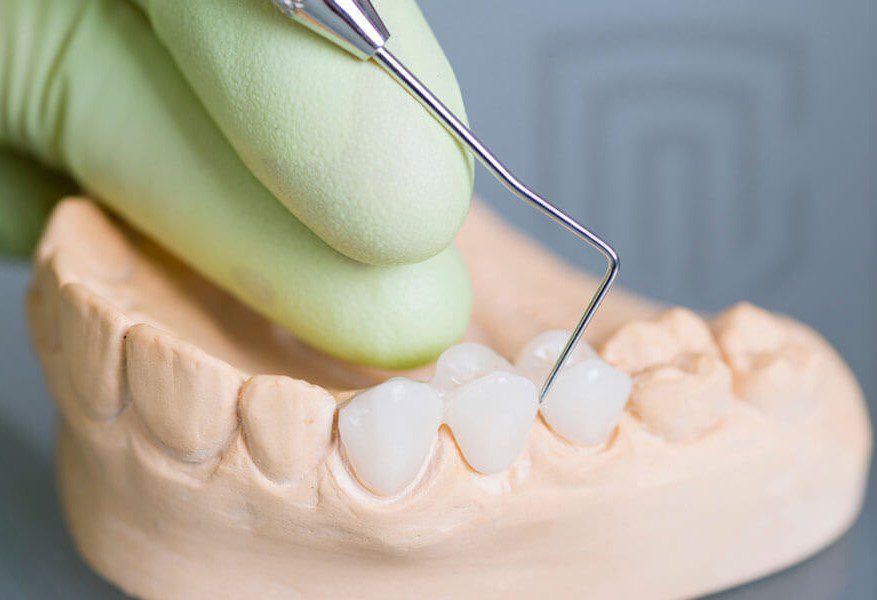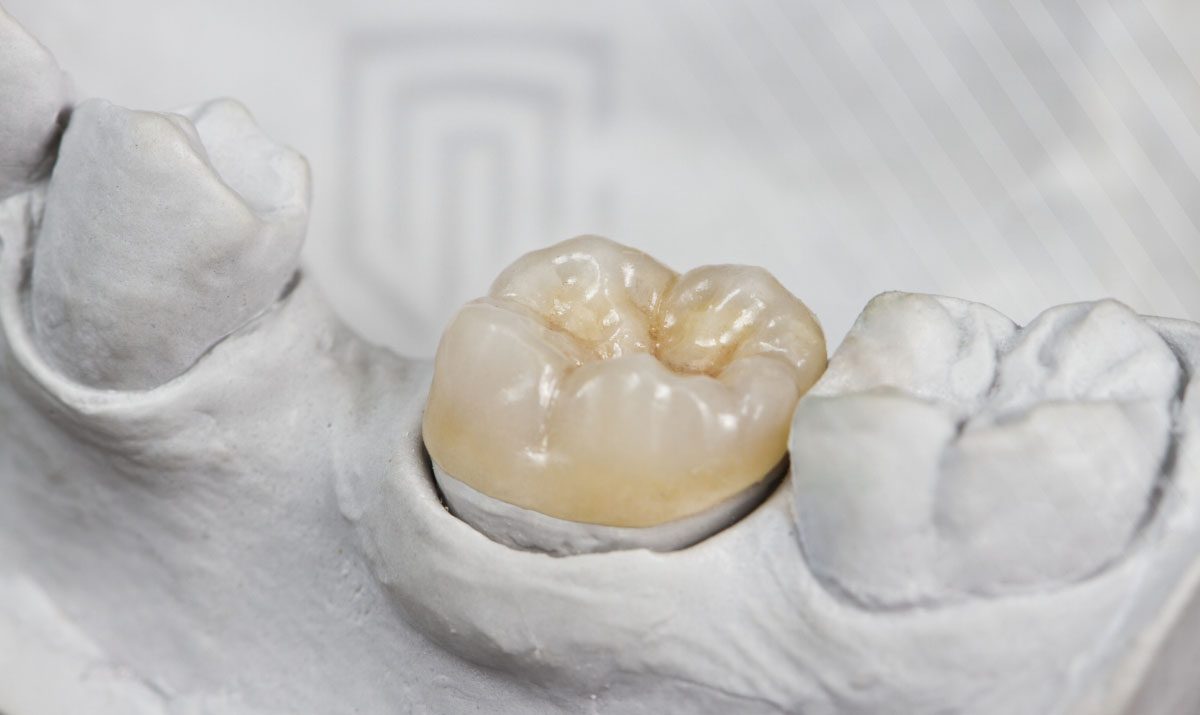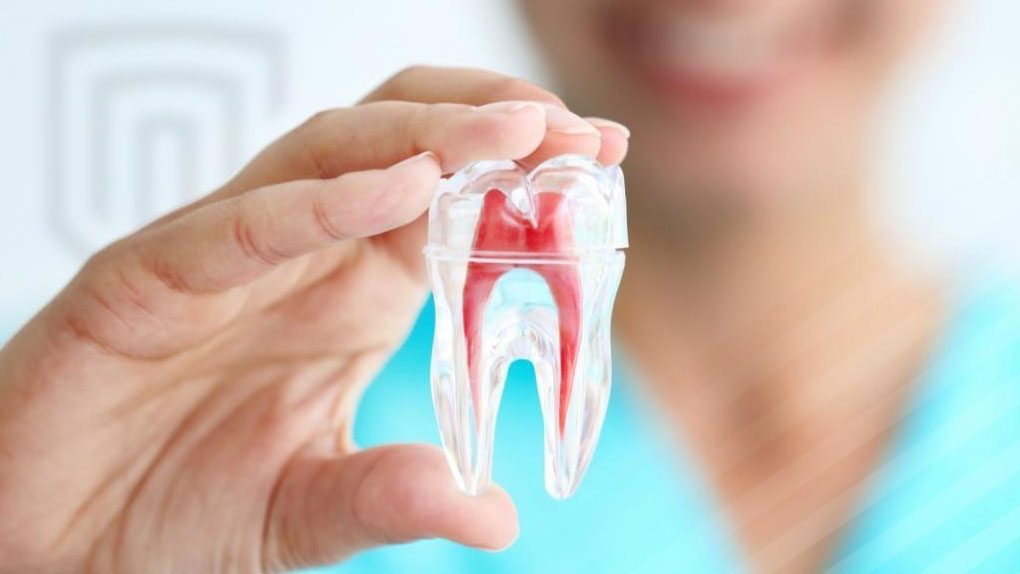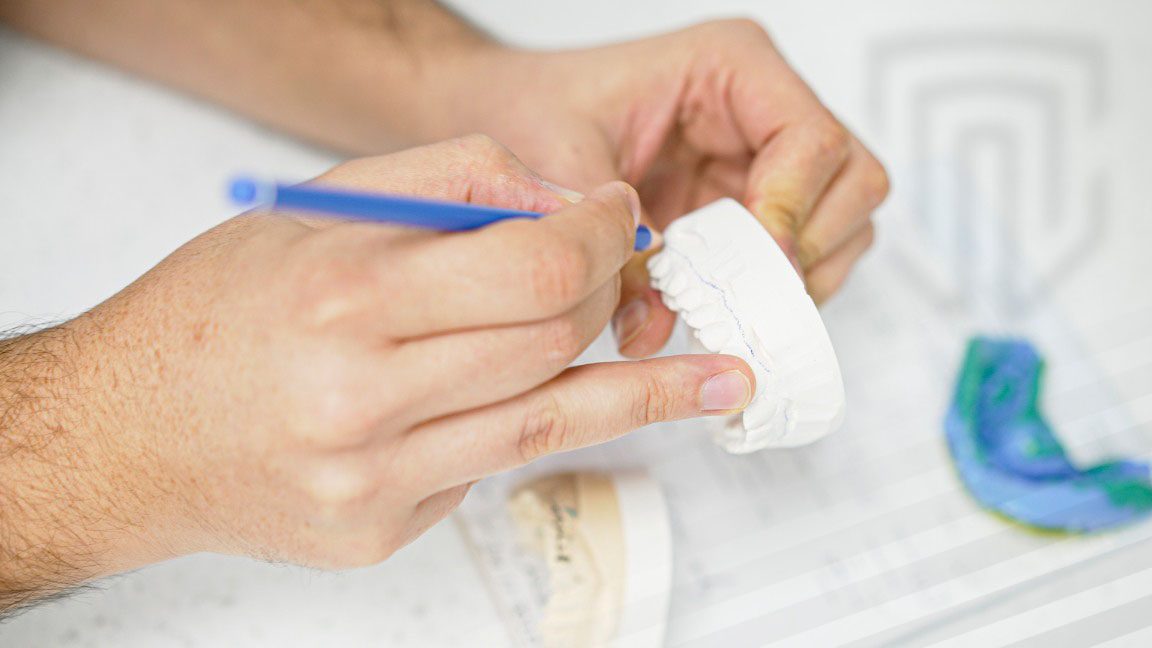A dental emergency means you require urgent assistance for severe pain in your mouth. This could be caused by a number of things such as infection and dental injury. Common emergency dental problems include severe tooth decay, dental abscesses and knocked-out teeth.
FAQs
Generally, you should avoid going to A&E for a dental emergency. Doctors are not fully equipped to treat dental emergencies, so going to the hospital may end up being a frustrating experience for you. You should only go to A&E if you:
- Have uncontrollable bleeding in your mouth
- Have increasing swelling, which is causing you difficulty breathing or swallowing
- Have swelling around your eye, under your tongue or around your neck following dental problems
Call us to arrange an appointment as soon as possible, and in the meantime:
- Take painkillers like paracetamol and ibuprofen to ease the pain
- Avoid chewing with your sore tooth or eating very hot or cold foods
Not all dental problems are urgent in nature. However, some problems may require immediate professional help to prevent the issue from worsening. These problems can include:
Severe and serious toothache; in cases of ignored oral health, cavities can reach the pulp of a tooth and cause severe pain that will require immediate dental treatment especially if an abscess develops.
Lost fillings; no one would die of a lost filling. However, in cases of lost fillings it may be important to visit your dentist as soon as possible to at least get a temporary filling placed to prevent food and debris from collecting in the cavity and causing an infection and/or pain. Once a temporary filling is in place, you can wait for a while before you have the permanent one placed, but as the name suggests they are only temporary and a permanent solution will be needed.
Chips, cracks and fractures of teeth; the nature of the damage to the tooth has to be evaluated by a dentist as soon as possible. This is because you run the risk of having tooth decay that compromised the structure and allowed the tooth to break or get chipped. Once you get to us, your dentist will see if the damage is purely cosmetic or if the fractured portion requires a filling, crown or worse, extraction. Restoring aesthetics comes after the evaluation has taken place. If your tooth is fully knocked out and cannot be reinserted quickly and cleanly, put it in a glass of milk and take it to your dentist immediately
Crooked teeth as a result of trauma; if your tooth is knocked out of alignment it will require emergency dental treatment. This may involve gently pushing it back into position. The sooner this is done the better as this may save your tooth.
Cuts and broken jaw bones; sometimes broken jaws may require the help of a hospital not only a dentist. However, the one who can evaluate the situation best is the dentist who may clean the wound and give you painkillers before he/she refers you to the local hospital.
If you’ve knocked out a tooth, don’t panic, but make sure you see your dentist as soon as possible. If you knock out a tooth, make sure you:
Pick the tooth up carefully by the top of the tooth. Never touch the root of your tooth
Rinse the tooth gently with water if it’s fallen on the ground or on a surface outside your mouth
Try and reinsert your tooth back into its socket, to keep the root protected. Hold it in place by using soft fabric or by gently biting down. If you can’t reinsert it, place your tooth in a glass of milk to preserve the root
See a dentist as soon as you can. The quicker you see a dentist, the more likely it is that the tooth can be saved
A dental abscess is caused by a bacterial infection and causes an area of pus to form. When there’s no way for the pus to drain from the mouth, it becomes a dental abscess. If an abscess causes the nerve of your tooth to become infected, it can form swelling on the inside of your mouth that looks a bit like a boil.
This can burst in the mouth.
If it bursts, the pain in your mouth will significantly decrease, but you still need to see a dentist. Your dentist will further advise you after your emergency treatment – it’s likely you’ll need further treatment to make sure you’re completely rid of the infection.
A dental infection can cause you to develop a temperature, but in the worst case it could cause an extreme infection such as sepsis. This is extremely rare.
No, dental abscesses won’t heal on their own. You’ll need to go to the dentist so they can treat the infection for you. You might also need antibiotics depending on how much the infection has spread. Infection from abscesses can spread to your jaw or other areas of your neck, which is why it’s vital you see the dentist. Antibiotics alone will not cure the infection.
How do you avoid dental emergencies?
Keeping up good oral hygiene is key to avoiding dental emergencies. Make sure you:
- Brush your teeth twice a day for two minutes
- Limit the amount of sugar in your diet to prevent tooth decay
- See your dentist regularly to make sure there’s no problems with your oral health
Keeping up good oral hygiene is key to avoiding dental emergencies. Make sure you:
- Brush your teeth twice a day for two minutes
- Limit the amount of sugar in your diet to prevent tooth decay
- See your dentist regularly to make sure there’s no problems with your oral health
meet Dr Zara Wani
general dentistry
STILL HAVE A QUESTION?
Contact us at North Cardiff and Dental Implants on 029 2267 9999 to find out more about any of our treatments or book a consultation with one of our experienced clinicians.
